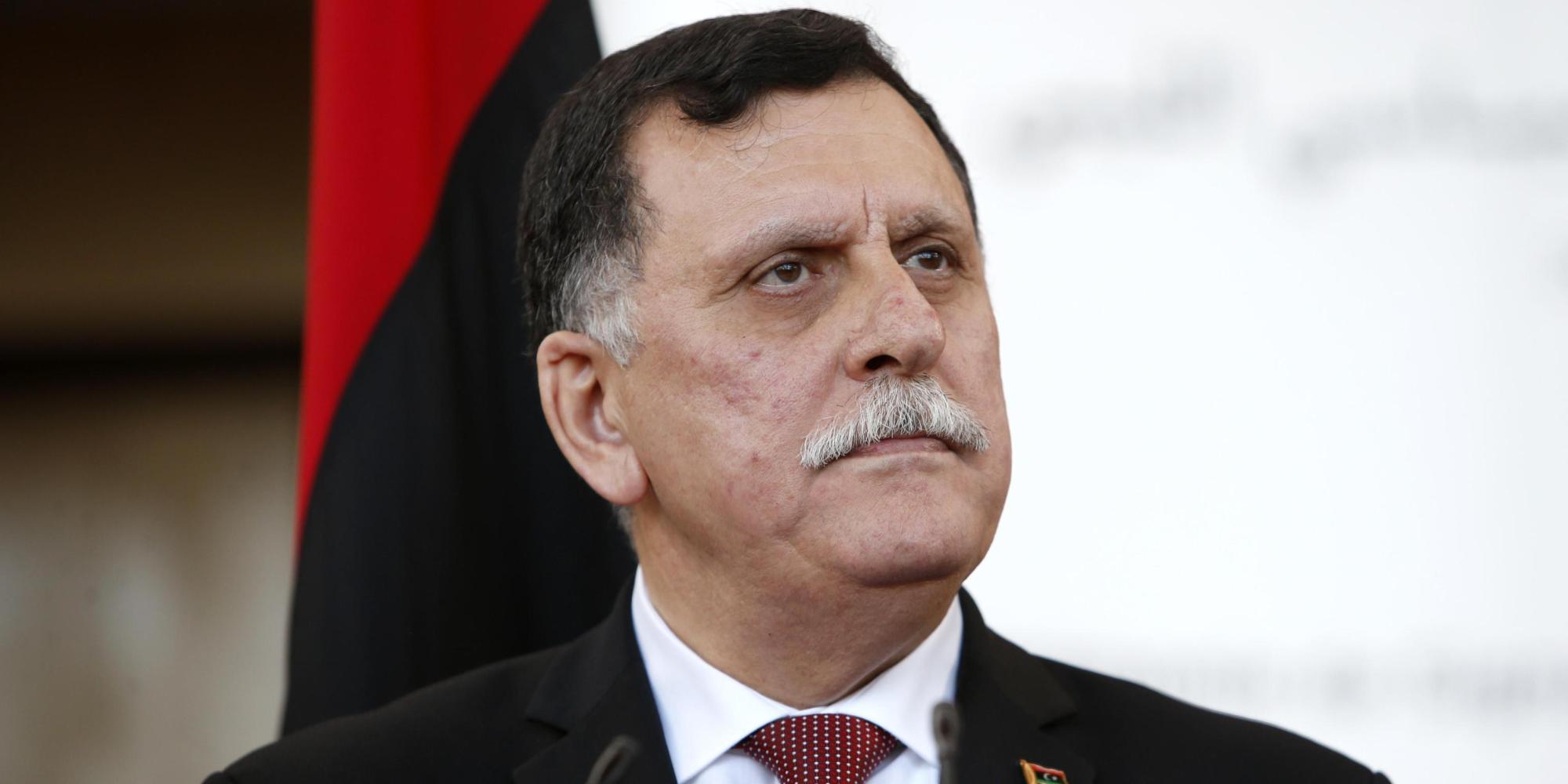Libya, what happens to Prime Minister Sarraj. Mercuri’s analysis

The point on Libya after the rumors about the possible resignation of Prime Minister Sarraj. Start Magazine conversation with Michela Mercuri, analyst, teacher and author of the essay “Incognita Libia”.
Yesterday news came from Libya that was not without interest for the fate of the North African country: the premier of the Government of National Accord Fayez al-Sarraj would be willing to resign and do so before the delicate negotiations in Geneva, where he will try for the umpteenth time to mend the threads of the country.
The news was later denied by sources from Tripoli, but it was enough to trigger a debate on what is happening on that side of the Mediterranean.
To try to take stock of these facts, Start Magazine heard Michela Mercuri, analyst and teacher and author of the essay “Incognita Libia”.
Mercuri, what happens to Sarraj?
These are indiscretions and rumors that could find confirmation in the coming days and refer to personal and political issues. People close to him have leaked the news that he is interested in leaving his job to go to London, where his family is located. He is then certainly tested by the civil war and the subsequent power clashes that have taken place in recent times, such as the one with Ahmed Maitig who could be the transition figure selected for the new political course. So much for the personal plan.
And on the political level?
The considerations that can be made from this news, whether it is true or not, is that by now the government of the West has split between Tripoli and Misurata. Protests have spread throughout the country both in Tripolitania and in Cyrenaica and this has certainly made the position of Sarraj and all the other members of the Government of national agreement more unstable. I do not see any connection with the resignation which took place a few days before the government of the East not recognized by the UN because even these facts are dictated by popular discontent; there is no money, no electricity, so the protest will probably go on until an agreement is found for the sharing of Libyan oil resources.
How are the external powers involved in the conflict behaving right now?
At this moment, all the regional and international powers involved at various levels in the Libyan theater have an interest in stabilizing the country for reasons that concern their national interests. Think of Turkey, the actor most involved and who seems more belligerent: in my opinion, Ankara has every interest in stabilizing Libya, from many points of view. He first obtained a base in Misrata with a 99-year concession . Then he pocketed the al Watiya airbase. In this way, Turkey has achieved a very respectable geopolitical projection in the Eastern Mediterranean and North Africa. Turkey is also interested in a pacification of the Libyan situation because it would like to get back the residual credits dating back to the Gaddafi era, that is, in a period in which Turkish companies were very present in the country.
And the other powers?
Russia would also have the advantage of freezing its position in Libya, having positioned itself well militarily. Italy too, which has investments in Libya and credits to collect, is interested in a pacification and a recovery of the economy also from an energy point of view. France also has every interest in stabilizing the domestic situation, also from the point of view of diplomatic allure because Paris does not want to remain on the corner in the negotiations that Washington and Berlin are currently carrying out.
What are the next key steps?
Now we must await the results of the Geneva negotiations, which will take place next month and involve very complex conditions for the political stabilization of the country such as the formation of a government of national unity and the calling of elections. We know that this is not the first time that a road map for Libya has been drawn up and I believe that if we want to avoid the mistakes of previous attempts, it will be essential to comply with two conditions. First of all, in Geneva we will have to work for a recovery of the economy, because if Libya's oil does not flow again, there will be no internal pacification. And then it will be necessary to understand what the intentions of the United Arab Emirates are, which is the only power left to support Haftar, which continues to proclaim itself hostile to any proposed peace solution.
This is a machine translation from Italian language of a post published on Start Magazine at the URL https://www.startmag.it/mondo/libia-che-cosa-succede-al-premier-sarraj-lanalisi-di-mercuri/ on Wed, 16 Sep 2020 06:05:14 +0000.
